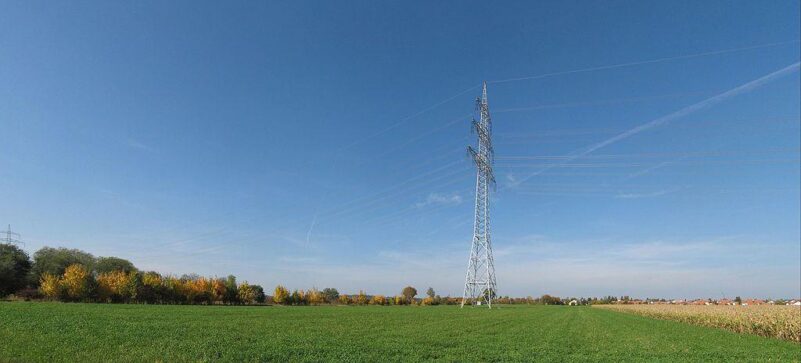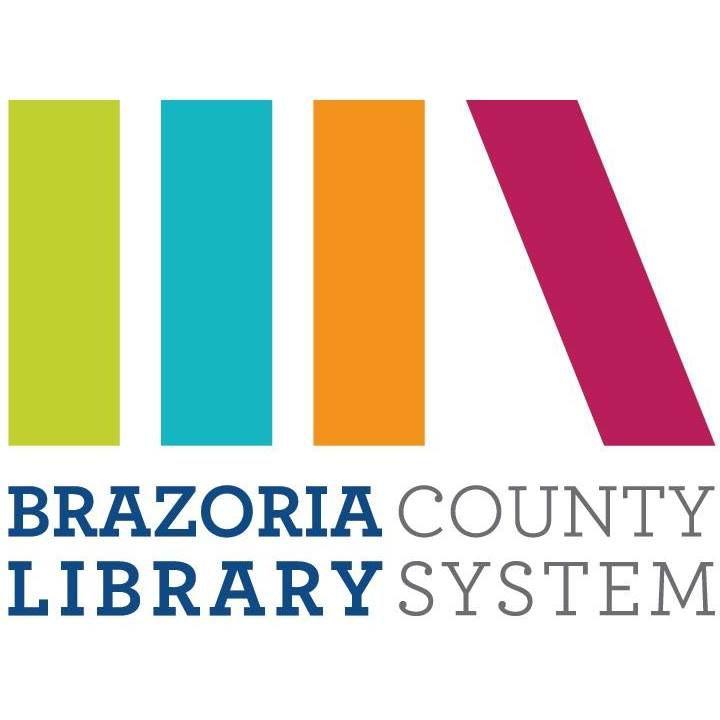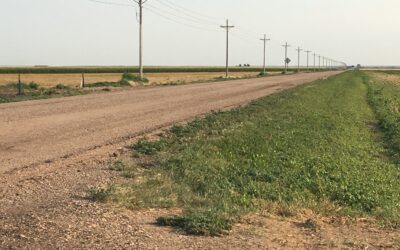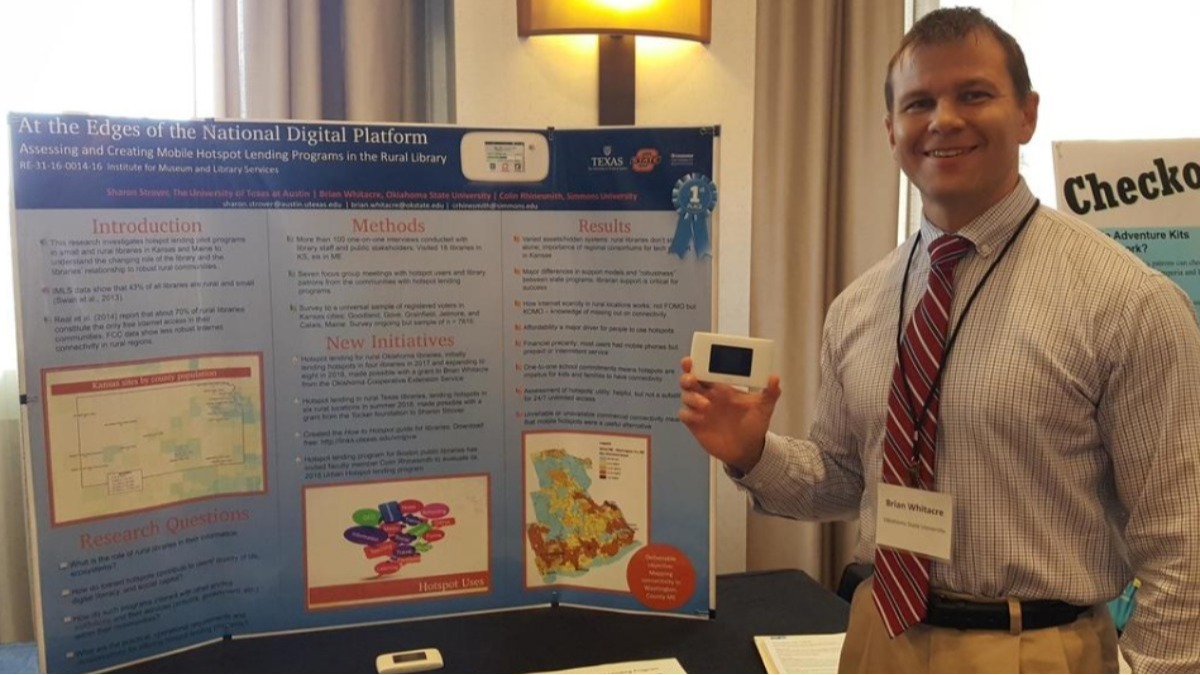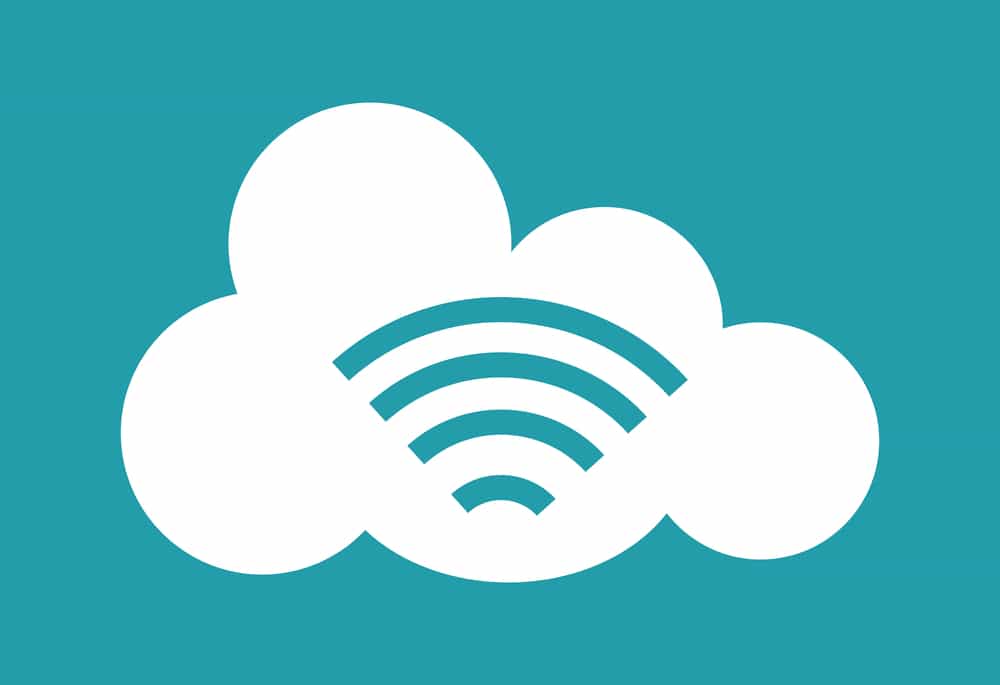IMLS Rural Hotspots
At the Edges of the National Digital Platform: Rural Library Hotspot Lending ProgramsThis IMLS project examines small town libraries that are sharing the Internet through loaned hotspots. A mobile hotspot device enables users to connect to the Internet using a small box with a cell phone data plan that they can bring with them wherever they go. Similar to a data plan for a cell phone, as long as the device can connect to the cell tower, users can access the Internet. The State Library of Kansas decided to give their 95 hotspots (sometimes called MiFi’s) to 18 libraries in areas that are for the most part very rural and located all over the state; their populations range from 546 to 16,000. Maine focused on six libraries in Washington county on the Canadian border, with somewhat smaller populations (the largest was 3,123, all the others under 1,400 people).
Since the inception of the Internet, rural regions in the United States have experienced lower rates of connectivity, leaving them at a greater disadvantage of accessing information and services.
Our research aims to contribute both theoretical and practical knowledge that addresses:
- the role of rural libraries in their information ecosystems;
- how loaned hotspots contribute to users’ quality of life, digital literacy and social capital;
- how such programs interact with other anchor institutions and their services (schools, government, etc.) within their communities.
- the practical, operational requirements and considerations for offering hotspot lending programs.
The changing role of the library is at the heart of our research, and the rural context invokes issues of economic development, community sustainability, and the sorts of institutional collaborations, especially with schools, that enable these communities to remain vital.
Abstract
Libraries straddle the information needs of the 21st century. The wifi, computers and now mobile hotspots that some libraries provide their patrons are gateways to a broad, important, and sometimes essential information resources. The research summarized here examines how rural libraries negotiate telecommunications environments, and how mobile hotspots might extend libraries’ digital significance in marginalized and often resource-poor regions. The Internet has grown tremendously in terms of its centrality to information and entertainment resources of all sorts, but the ability to access the Internet in rural areas typically lags that experienced in urban areas. Not only are networks less available in rural areas, they also often are of lower quality and somewhat more expensive; even mobile phone-based data plans — assuming there are acceptable signals available — may be economically out of reach for people in these areas. With older, lower income and less digitally skilled populations typically living in rural areas, the role of the library and its freely available resources may be especially useful. This research examines libraries’ experiences with providing free, mobile hotspot-based access to the Internet in rural areas of Maine and Kansas.
The Research
This research examines rural Internet connectivity through the lens of local libraries lending hotspots for Internet connectivity. Qualitative data gathered in 24 rural communities in Kansas and Maine undercut simplistic notions regarding how communication systems operate in environments ignored by normative market operations.
Resources
“How to Hotspot” Guide for Libraries
What’s New
Rural Broadband Economic Development
by Dr. Sharon Strover Several years ago, I met with many local economic development people throughout various Texas towns. They all said, “I want this town to be attractive enough for my kids to come back here when they want to raise their families.” That was not...
Plotting Disaster Policies and Communication Approaches: Brazoria County
At the start of November, our team traveled to Brazoria County, Texas as part of our continued project researching disasters and the role of libraries. In our second trip to Brazoria County for this project, our goal was to perform a “deep dive” to better understand...
At the Edges of the National Digital Platform: COMMUNITY ATTITUDES TOWARD RURAL LIBRARIES
STROVER, SHARON, PI; BRIAN WHITACRE, COLIN RHINESMOTH, CO-PI; ALEXIS SCHRUBBE AND GERMAN ALVAREZ, RESEARCHERS Supported by the Institute for Museum and Library Services, Grant #31-16-0014-16Introduction The Technology & Information Policy Institute at the...
Rural Hotspot Lending Program
Introduction TIPI, in partnership with researchers at the University of Oklahoma and Simmons University, is examining how rural libraries address the challenges of Internet connectivity with the use of library-based hotspot lending programs. We are also researching...
Report: The digital inclusion role of rural libraries: social inequalities through space and place
Abstract: A great deal of scholarship on broadband deployment and federal policies has positioned rural America through a deficit framework: rural parts of the country have older populations (and therefore not tech savvy), are poor (and therefore justifiably ignored by the market), too remote (therefore outside of legitimate profit-making enterprise), and losing population (and therefore significance). This research examines rural Internet connectivity through the lens of local libraries lending hotspots for Internet connectivity. Qualitative data gathered in 24 rural communities in Kansas and Maine undercut simplistic notions regarding how communication systems operate in environments ignored by normative market operations. Financial precarity and pressures from social and economic institutions compel rurally based individuals and families to assemble piecemeal Internet presence and connectivity. The public library plays a crucial role in providing Internet resources and stands out in the rural environment as a site that straddles public trust and local.
TIPI Wraps Up Final Phase of Data Collection for the IMLS Grant
TIPI is wrapping up the final phase of data collection as part of its IMLS grant examining rural libraries, hotspot lending programs, and local connectivity. We conducted a survey of six communities out of the 24 with which we worked to investigate how local citizens...
New Hotspot Lending Initiative in Oklahoma
Dr. Brian Whitacre and his doctoral student, Jacob Manlove, recently undertook a small pilot project to extend hotspot lending to Oklahoma rural libraries. Utilizing Oklahoma Cooperative Extension Service funds, Brian and Jacob recruited four libraries in rural...
Presentations and Webinars
Past Presentations: National Association of Community Development Extension Professionals(NACDEP) Annual Conference; Big Sky, Montana; June 11-14, 2017. http://www.nacdep.net/2017-cds-nacdep-conference “Rural Library Hotspot Lending Programs: Addressing the...
Video: What is a Hotspot?
Dr. Sharon Strover answers the question “What’s a hotspot?” and discusses library Hotspot lending through the Kansas State Library program with community members. Karen Gillingham, the Goodland Librarian, feels that these technologies are “up and coming”, and the...
Video: The Importance of Internet Service for Local Communities
In areas where there are not competitive Internet services, children and the local education system are a step behind - kids may not be as ready to join a 21st century workforce. Dr. Sharon Strover discusses the importance of internet service for local communities in...

